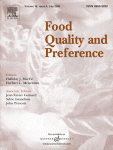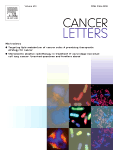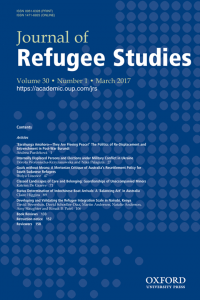 A Cornell food researcher who has pledged to re-analyze his papers following heavy criticism of his work has issued a major correction to a 2005 paper.
A Cornell food researcher who has pledged to re-analyze his papers following heavy criticism of his work has issued a major correction to a 2005 paper.
The correction tweaks two tables, a figure, and the description of the methodology — and notes in two instances the correct findings are unknown, since the original data are unavailable. Andrew Gelman, a statistician at Columbia University and critic of Brian Wansink’s work, has dubbed the notice the “best correction ever.”
The paper, about whether changing the name of food influences its taste, was not among the batch of papers initially flagged by critics last year. Since then, researchers have raised additional questions about Wansink’s work; one of his papers was retracted in April. That same month, an internal review by Cornell University concluded that Wansink made numerous mistakes, but did not commit misconduct.
When we contacted Wansink about the correction, we received this statement from the Cornell Food and Brand Lab, which Wansink directs:






 When a journal discovers elementary design flaws in a paper, what should it do? Should it retract immediately, or are there times when it makes sense to give the researchers time to perform a “do-over?”
When a journal discovers elementary design flaws in a paper, what should it do? Should it retract immediately, or are there times when it makes sense to give the researchers time to perform a “do-over?”